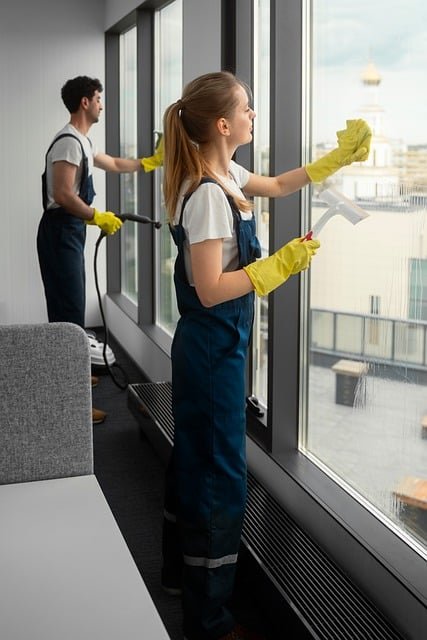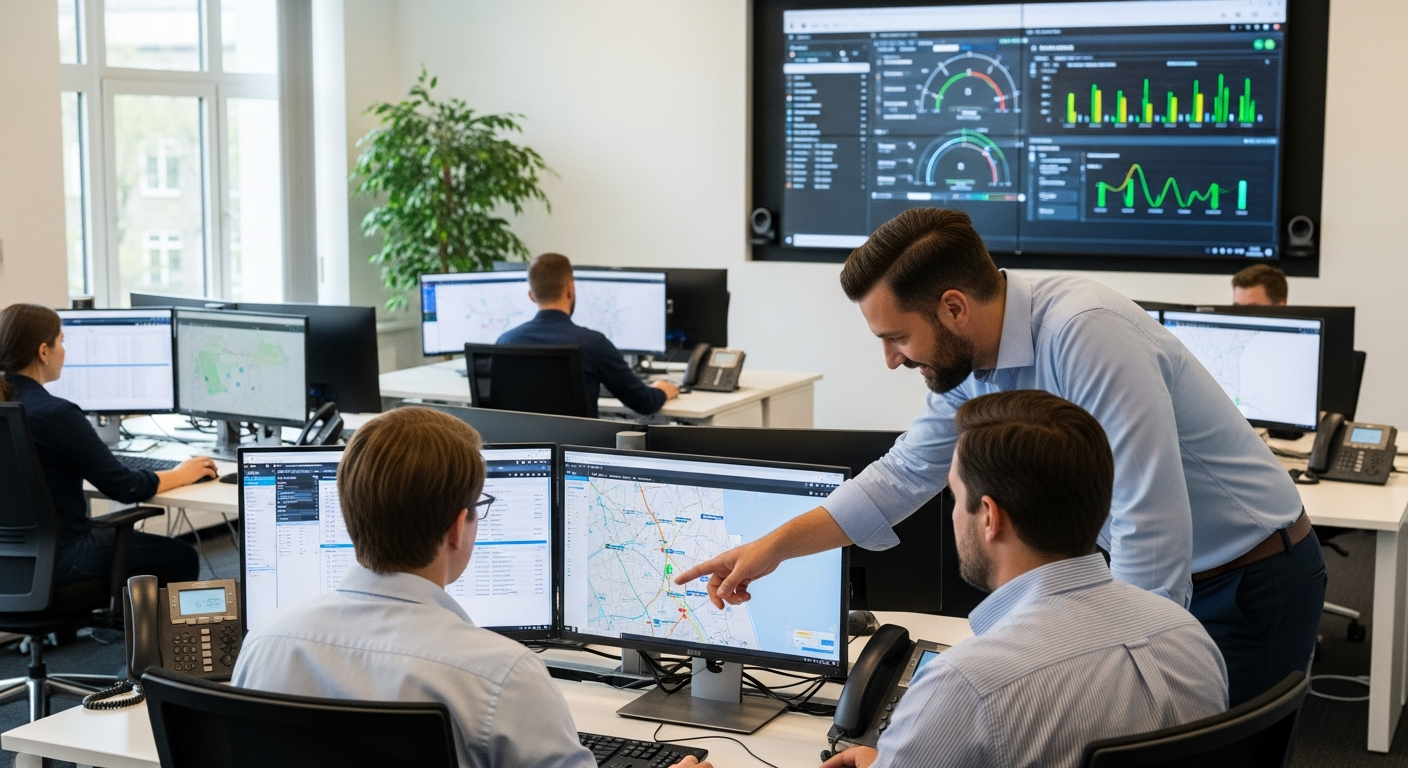Work in Cleaning: Essential Roles
Explore the work involved in maintaining clean and hygienic environments across various settings. This can include residential, commercial, or industrial spaces, focusing on tasks like surface sanitization, floor care, and waste management. The emphasis is on detail, efficiency, and adhering to health and safety standards to ensure pleasant and safe surroundings.

What Does Professional Cleaning Work Entail?
Professional cleaning work encompasses far more than simply mopping floors or emptying trash bins. Today’s cleaning professionals are trained in specialized techniques, equipment operation, and the science of disinfection. They must understand different surface types and appropriate cleaning agents, recognize contamination risks, and implement systematic approaches to ensure comprehensive sanitation. Daily responsibilities typically include vacuum cleaning, dusting, sanitizing high-touch surfaces, waste management, restroom cleaning, and floor maintenance. In specialized settings such as healthcare facilities, cleaning staff must follow strict protocols for infection control, while hospitality cleaners focus on creating comfortable, welcoming spaces for guests.
Which Sectors Offer the Most Cleaning Job Opportunities?
Cleaning jobs span numerous sectors, each with unique requirements and specializations. Healthcare facilities, including hospitals and nursing homes, require cleaning staff with knowledge of infection control and biohazard handling. Commercial office buildings typically employ teams for daily maintenance, with specialized contractors handling periodic deep cleaning. The hospitality industry—hotels, resorts, and restaurants—maintains high cleaning standards to ensure guest satisfaction and regulatory compliance. Educational institutions need custodial staff to maintain safe, clean learning environments. Industrial cleaning positions involve specialized equipment and techniques for manufacturing plants, warehouses, and production facilities. The retail sector requires daily maintenance of public areas and specialized cleaning for food preparation zones.
How Do Environmental Hygiene Practices Shape Modern Cleaning Jobs?
Environmental hygiene practices have revolutionized the cleaning industry in recent years. Modern cleaning professionals must understand not just how to clean but how to do so in ways that protect both human health and the environment. This includes knowledge of green cleaning products that minimize chemical exposure while maintaining efficacy against pathogens. Many facilities now implement integrated environmental hygiene programs that consider indoor air quality, water conservation, and waste reduction alongside traditional cleaning goals. Cleaning staff increasingly participate in sustainability initiatives, from implementing recycling programs to using microfiber technology that reduces water and chemical usage. Organizations like the Global Biorisk Advisory Council (GBAC) now offer specialized certifications in environmental hygiene practices, creating advancement opportunities for cleaning professionals who develop expertise in this growing field.
What Are the Key Components of Commercial Cleaning Contracts?
Commercial cleaning contracts form the foundation of professional cleaning services and typically outline several crucial elements. Scope of work documentation details specific cleaning tasks, frequency, and performance standards expected. Contracts specify cleaning schedules, whether daily maintenance, weekly deep cleaning, or periodic specialized services. Quality control measures include inspection protocols and communication channels for addressing deficiencies. Commercial contracts also address compliance with relevant regulations and industry standards. Contract terms cover payment schedules, duration, termination clauses, and renewal options. Modern contracts increasingly include environmental standards, specifying green cleaning products, waste management approaches, and sustainability goals. For cleaning professionals, understanding contract structures helps them align their work with client expectations and contractual obligations.
What Health and Safety Regulations Impact Cleaning Professionals?
Cleaning professionals operate under a framework of health and safety regulations designed to protect both workers and building occupants. The Occupational Safety and Health Administration (OSHA) establishes guidelines for hazard communication, requiring proper labeling of chemicals and accessible Safety Data Sheets. OSHA also regulates bloodborne pathogen exposure, particularly relevant for cleaning staff in healthcare settings. The Hazardous Materials Transportation Act governs the transport and disposal of certain cleaning chemicals. Cleaning staff must receive training on personal protective equipment (PPE) usage, chemical handling, and proper mixing procedures to avoid dangerous reactions. In specialized environments like hospitals, additional regulations from organizations like the Centers for Disease Control and Prevention (CDC) establish cleaning protocols for infection control. For cleaning managers, staying current with evolving regulations presents an ongoing challenge requiring continuous education and adaptation of practices.
How Do Professional Cleaners Advance Their Careers and Skills?
The cleaning industry offers multiple pathways for career advancement and professional development. Entry-level positions as cleaning technicians or janitors provide foundational experience, while supervisor roles manage teams and coordinate cleaning operations. Facility management positions oversee entire cleaning programs for large buildings or campuses. Industry certifications significantly enhance advancement opportunities, with organizations like the International Sanitary Supply Association (ISSA) offering Cleaning Management Institute (CMI) credentials. The Building Service Contractors Association International (BSCAI) provides specialized training in commercial cleaning management. Higher education options include facilities management degrees that combine cleaning expertise with broader operational knowledge. Specialized certifications in areas like carpet care, hard floor maintenance, or healthcare cleaning create opportunities for higher wages and greater responsibility. Many successful cleaning professionals eventually establish independent cleaning businesses, leveraging their experience into entrepreneurial opportunities.
| Certification Program | Provider | Focus Area | Approximate Cost |
|---|---|---|---|
| Cleaning Industry Management Standard (CIMS) | ISSA | Management systems and service delivery | $1,250-$3,100 |
| Custodial Technician Certification | CMI | Technical cleaning skills | $75-$300 |
| Global Biorisk Advisory Council (GBAC) Technician | ISSA | Infectious disease prevention | $300 |
| Healthcare Environmental Services Technician | Association for the Healthcare Environment | Hospital cleaning | $325-$575 |
| Green Cleaning Certification | Green Clean Institute | Sustainable cleaning practices | $195-$395 |
Prices, rates, or cost estimates mentioned in this article are based on the latest available information but may change over time. Independent research is advised before making financial decisions.
The cleaning profession continues to evolve as technology advances, environmental concerns grow, and health awareness increases. While often operating behind the scenes, cleaning professionals provide essential services that maintain the infrastructure of public health and comfort. From healthcare facilities where proper cleaning directly impacts patient outcomes to commercial spaces where cleanliness influences customer experiences, the importance of skilled cleaning professionals cannot be overstated. As the industry embraces technological innovations and environmental sustainability, opportunities for specialized knowledge and career advancement will continue to expand, elevating the cleaning profession beyond its traditional perception.




